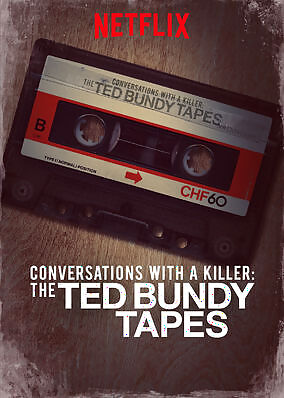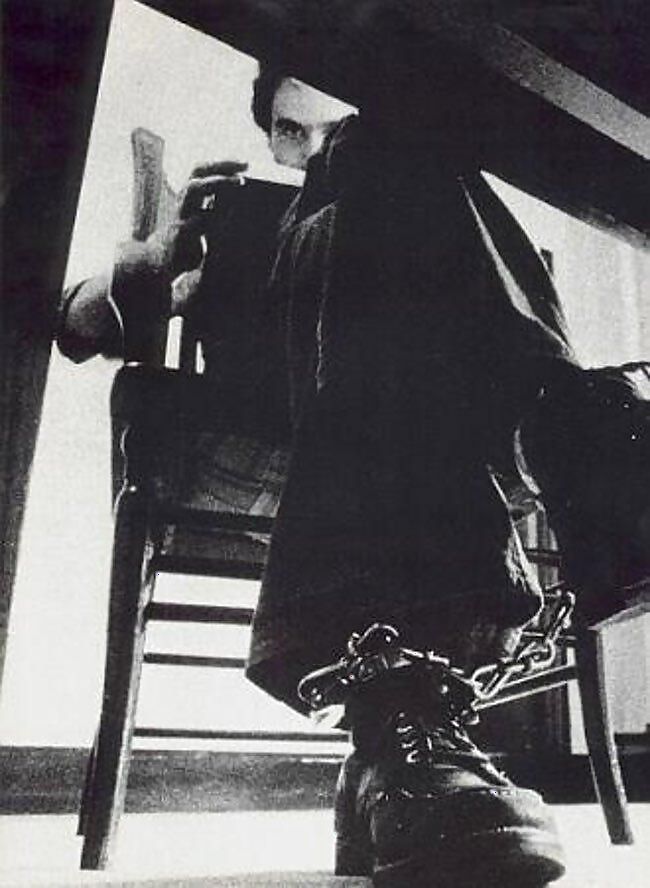
views
Conversations with a Killer: The Ted Bundy Tapes
Director - Joe Berlinger
Theodore Robert Bundy aka Ted Bundy is, to this day, the poster child for serial crimes. The term mass murderer or serial killer wasn’t very much in use in the US till Bundy stepped into limelight, much to the nightmare of the state police authorities, the FBI and news media in the ‘70s.
A mystery for many, legend for a few, Ted Bundy stands for everything wicked about humanity. The latest true-crime documentary series by Netflix titled Conversations With A Killer: The Ted Bundy Tapes chronicles the life and death of one of the world’s most dreaded killers.

The series director Joe Berlinger (Paradise Lost film series, Some Kind of Monster) manages to get word out to the hardcore fans of type content but fails to deliver beyond the usual profiling and psychological sketch of a serial killer. Maybe that was his only aim with this four-part, one hour each, series that otherwise fails to impress. A few uncomfortable minutes of gross uneasiness wouldn’t keep you intrigued for long.
As the infamous story begins, we hear from journalists, Stephen Michaud and Hugh Aynesworth, who recall their ordeal in dealing with Bundy’s untruth and his deceptive showmanship that was in full display during their initial meetings with him in early 1980s in Florida State Prison.
At that time, Bundy had already been on his death row, convicted of two counts of murder in first degree and three counts of attempt to murder in first degree in Florida’s gruesome Chi Omega case. Apart from homicide, there were numerous other charges against him pertaining to theft, violently resisting arrest and escape from prison. He was found guilty and sentenced to capital punishment in July 1979.
Suspected of killing over two-dozen women, necrophilia and mutilation in five different states, between 1973-78, he never confessed in court. Instead, several time during the trial, Bundy made a mockery of the US justice system.

However, counting days before his execution, he decided that he wanted ‘to get his story out’ and subsequently approached Michaud and Aynesworth with an offer-his truth in exchange for a possible re-examination of the case. An initial hesitation on behalf of the journalists and the horrific monologue of a disturbed and sick individual begins. There are over hundred hours of recorded conversations between Michaud, Aynesworth and Bundy inside prison. Bundy also has several books, films and documentaries, fan sites and podcasts describing the life he lived, in detail.
Conversations With A Killer: The Ted Bundy Tapes is dedicated to Bundy. Unlike his mind at the time, he is in total control of this show now. The series is weaved keeping Bundy and his life events in the centerstage. The director takes up issues like pornography and sexual violence, lack of state security, media hype, image construction and women as a potential victim pool, but, unfortunately, not as seriously as Bundy.
It is obsession with Ted as a person that has resulted in this self-indulgent documentary series. Ironically, this bode well for Bundy, who was indeed a smug narcissist.Those involved in narrating his exploits are in awe of the subject much like they were back then. Sadly, this does not translate into the audience’s enthusiasm, who might not be invested in the show after listening to hours of self-valourisation by the criminal himself.
To its merits, the documentary is well archived and edited, considering the fact that found footage and existing photographs (public and private) make up for a major portion of the visual narrative. The photos of Bundy on which the editors (CY Christainsen and Joshua L Pearson) zoom in from time to time, increases tension and disgust. The haunting background score takes this feeling a notch higher.
Musician Justin Melland uses synthesizers and electronic tunes of the ‘70s to uncomfortably place us in the times when Bundy was actively killing. The third episode, which follows Bundy’s prison escapes, is the most likeable because the palpable anxiety and fear in the community is well complimented by music, which is used in just the right dose.
It seems the makers have used two different types of images for separate perspectives—High contrast for male testimonies and well-lit, uni-dimensional images for survivors, mostly women. As a visual tactic, this doesn’t add any depth to the documentary.
The most frightening part about the series is also the most fascinating. When Bundy starts opening up about the possibility of committing the heinous crimes that he is indicted of, he refers to himself in the third person. Slowly, he begins to talk to us in first person.
No doubt, the crimes that Bundy committed were loathsome and horrifying. Apart from some of the information already furnished, I’d rather suggest that you read up on him or watch Conversations With A Killer: The Ted Bundy Tapes. There is no need to further a lost cause though.
If you are looking for better true-crime series we suggest the likes of Manhunt: Unabomber, Evil Genius: The True Story of America’s Most Diabolical Bank Heist, Captive for 18 Years: The Jaycee Lee Story and The Keepers, all currently streaming on Netflix. Joe Berlinger’s earlier works like Paradise Lost film series or Some Kind of Monster are great choices too.
Joe Berlinger is also the director of upcoming film Extremely Wicked, Shockingly Evil and Vile starring Zac Efron as Ted Bundy. It seems they’re hell bent on making Ted Bundy a celebrity!
Rating: 2.5/5
Follow @News18Movies for more




















Comments
0 comment